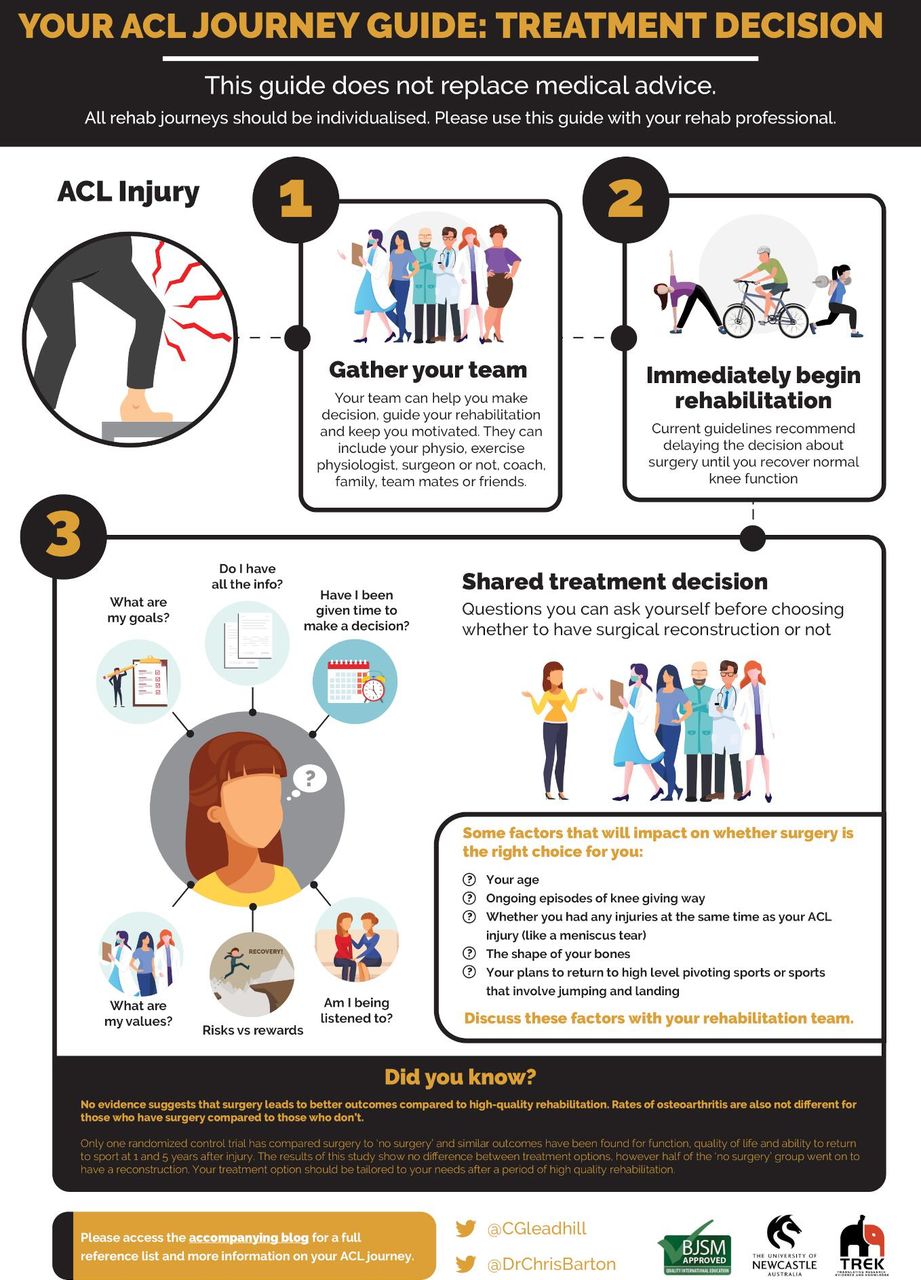
Assessing Epidemic Vaccination Campaigns: A Comprehensive Evaluation
Epidemic vaccination campaigns play a pivotal role in controlling the spread of infectious diseases. This article delves into the importance of evaluating such campaigns, examining the key factors that contribute to their success, and highlighting the significance of continuous assessment in the realm of public health.
The Crucial Role of Vaccination Campaigns in Epidemic Control
Vaccination campaigns are cornerstone interventions in epidemic control, offering a proactive defense against the spread of infectious agents. As vaccines provide immunity and reduce the severity of diseases, well-executed campaigns can mitigate the impact of epidemics, prevent outbreaks, and protect vulnerable populations. Evaluating these campaigns is essential to ensuring their efficacy and addressing potential challenges.
Key Metrics for Evaluation: Beyond Vaccination Numbers
Measuring the success of an epidemic vaccination campaign goes beyond the raw number of vaccines administered. Key metrics for evaluation encompass a range of factors. These include vaccination coverage rates, the speed of deployment, target population reach, and the overall impact on disease transmission. Assessing these metrics provides a comprehensive understanding of the campaign’s effectiveness.
Accessibility and Equity: Evaluating Reach Across Communities
Accessibility and equity are critical dimensions in the evaluation of vaccination campaigns. Assessing how well the campaign reaches diverse communities, including marginalized or remote populations, is essential. Equity considerations involve examining factors such as socioeconomic status, geographic location, and cultural nuances to ensure that the benefits of vaccination are distributed fairly across the entire population.
Communication Strategies: Evaluating Information Dissemination
Effective communication is fundamental to the success of vaccination campaigns. Evaluating the communication strategies employed during an epidemic vaccination campaign involves assessing the clarity of information, the use of diverse channels, and the public’s understanding of the importance of vaccination. Clear and transparent communication fosters trust and encourages widespread participation.
Logistical Efficiency: Streamlining the Vaccination Process
The logistical aspects of vaccination campaigns are crucial for their success. Logistical efficiency involves evaluating the supply chain, storage, and distribution of vaccines. Assessing the speed at which vaccines are delivered, the capacity of vaccination centers, and the overall organization of the campaign ensures a streamlined process, minimizing delays and optimizing resources.
Vaccine Safety Monitoring: Addressing Concerns and Building Trust
Safety is paramount in any vaccination campaign. Continuous monitoring and evaluation of vaccine safety are vital components. Addressing any concerns related to adverse effects, communicating transparently about risks, and swiftly addressing reported issues contribute to building and maintaining public trust. Robust safety monitoring systems are integral to sustaining confidence in vaccination programs.
Post-Campaign Surveillance: Monitoring Disease Trends
Evaluation doesn’t end with the conclusion of a vaccination campaign. Post-campaign surveillance involves monitoring disease trends to assess the impact of vaccination on reducing infections. Analyzing post-campaign data allows public health officials to identify any resurgence of the disease, assess long-term vaccine effectiveness, and make informed decisions for future campaigns.
Learning from Challenges: Continuous Improvement Strategies
Challenges are inevitable in complex vaccination campaigns. Evaluating and learning from challenges, whether they involve public resistance, logistical issues, or unforeseen circumstances, is crucial. Continuous improvement strategies, informed by thorough evaluations, enable public health authorities to adapt and enhance future vaccination campaigns, ensuring they are more effective and responsive.
Global Collaboration: Sharing Best Practices and Insights
The evaluation of epidemic vaccination campaigns extends beyond national borders. Global collaboration involves sharing best practices, insights, and lessons learned. Assessing campaigns on an international scale allows for the identification of successful strategies and the development of standardized evaluation frameworks, fostering a collective effort to combat global health threats.
In conclusion, the evaluation of epidemic vaccination campaigns is a multifaceted process that goes beyond the numerical count of vaccines administered. It involves assessing key metrics, ensuring accessibility and equity, evaluating communication strategies, monitoring logistical efficiency and vaccine safety, conducting post-campaign surveillance, learning from challenges, and fostering global collaboration. To delve deeper into the world of vaccination campaign evaluation, visit healthcares.my.id.













